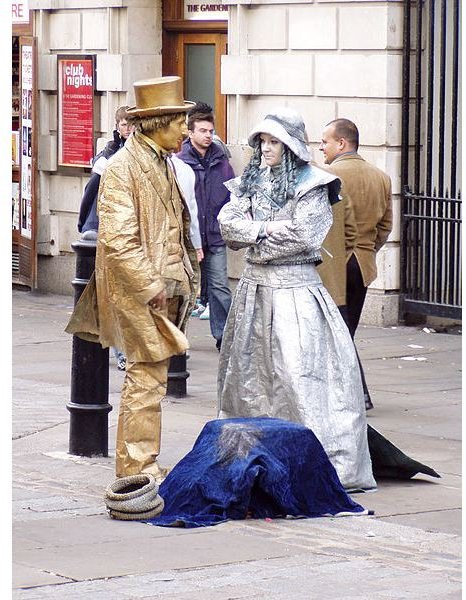The Importance of a Degree in the Performing Arts - Perceiving its Academic Principles and Practical Values
What are Performing Arts Degrees?
A reference to the performing arts degrees denotes academic curricula in liberal arts, with areas of concentrations in acting, dancing and music. They involve theoretical studies in musicology, theater or fine arts or dance movements combined with formal performance trainings.
Aspiring actors, dancers and musicians embark on their respective degree programs, in order to hone their innate talents and excel in their chosen fields.
The matter of defining the importance of a degree in the performing arts can be discussed in two different points of view: its academic principles and its practical value.
Academic Principles
There are those who maintain that success in this field can be achieved even without a college degree in the performing arts as long as the artist has the gift of talent. However, this line of thinking is often the pitfall of those who eventually lose their staying powers to remain at the top of the performance field. More often than not, they have limited resources from which they could draw inspirations and capabilities to face new challenges or upcoming trends. This is where the academic values of a degree in the performing arts will come into focus.
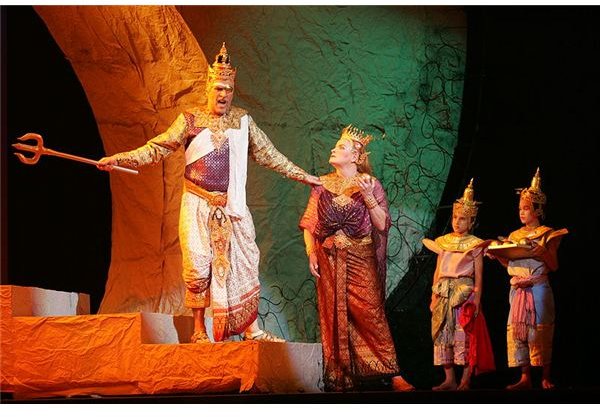
Inspirational Resources
Students of the performing arts learn about the history of arts and music —determining from where and analyzing how they emanated. Awareness and appreciation on how various performing skills became vital to understanding the different world cultures, will be instilled in the consciousness of the artist. The origins of acting, dancing or composing music will serve as inspirational resources; hence, enabling learners to develop their own skills in communicating visual imaginations through music and motion.
Students will understand about emotions, tones and rhythms and its natural influences. Studies will delve on how the artists before them were spurred into creating, composing or expressing various concepts through different artistic performances.
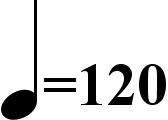
Development of Natural Expressions
Those who are gifted with natural talent and those who aim to develop potential talents tend to differ in their manners of expressing their forms of artistry. The latter will come to an understanding through the study of history and culture that music and movement can only combine artistically, if they are drawn from one’s natural emotions.
Rather than develop a form of artistry that is performed mechanically by way of cues and number of beats to a measure, the aspiring actors, dancers and musicians will be trained to express their artistry with fluidity. A budding artist will learn how to use artistic expressions as a language of the mind and what it perceives, in order to manifest emotions, to which the audience can relate. In contrast, artistic expressions through mimicry of the current raves and less of one’s innate imagination could eventually lose its appeal, once the clamor for what is popular has died down.
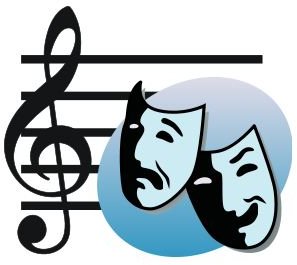
Understanding Social Relevance and Responsiveness
The public’s appreciation for the performing arts is often borne out of its social relevance. The audience would find it hard to relate to happiness and celebration if there is a prevalence of joblessness and uncertainty. Nonetheless, artistic expressions of doom and depression would not be appropriate either, lest they create a general perception of hopelessness.
A deeper understanding of social and moral values can furnish the performing artist the inspirations to create art that expresses the right blend of empathy and optimism. The study of art and its core values will enable the artist to bring forth messages of being one with life in the universe, yet at the same time rise above its inequities.
Henceforth, the artist can act, the dancer can express and the musician can compose in ways that will uplift the spirits of those who will watch them perform. Readers may be interested to read a separate article entitled “Swing Music and the Great Depression” as it provides a classic example of this principle.
Please proceed to the next page for views about the practical importance of acquiring the disciplines of a performing arts degree.
The Practical Importance of a Degree in the Performing Arts
Despite the idealism of the academic values of a degree in the performing arts, one must also face the reality that job opportunities for performing and expressing are not as abundant as the conventional professions.
Commercialism also has its values, albeit monetary. The artist however has to face the reality that he needs to earn and live decently, if not comfortably, in order to be truly happy in his chosen field. Thus, by taking up a degree in the performing arts, the artist will also earn himself the required skills and credentials to find work in other forms of creative profession.

Let us take Lady Gaga, as the most current example. As an undergraduate of the performing arts discipline in NYU’s Tisch School of the Arts, Lady Gaga, found fame and popularity as a songwriter. This later paved the way for her own phenomenal career as a pop singer, dancer and as a fashion icon.
In fact, the University of South Carolina offered an undergraduate course entitled “Lady Gaga and the Sociology of Fame.” Although it was not offered as a course for musicology but for sociology, its context focused on the relevance of sociological perspectives and its influence to music.
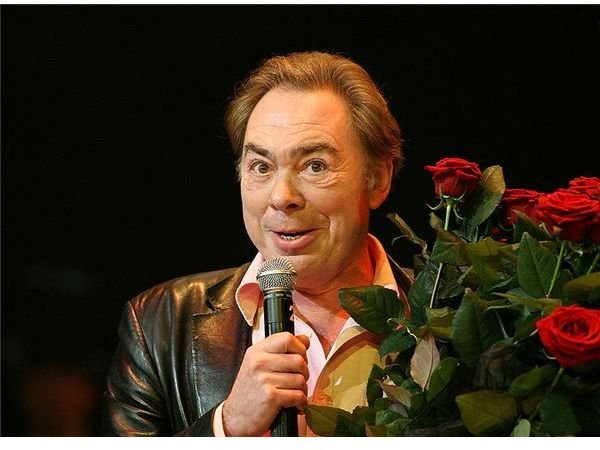
However, a more likely icon to exemplify the importance of a degree in the performing arts is Sir Andrew Lloyd Webber, who studied at the Royal College of Music in Oxford. His achievements as a musical composer/librettist has spanned several decades from the famed rock opera ”Jesus Christ Superstar” in 1971 to the long-running “The Phantom of the Opera” — which today, is still showing in Broadway theaters since its opening in 1986.
As an accomplished musician, Andrew Lloyd Webber was able to revolutionize music by harmonizing classical compositions with the elements of rock music. The greatest attestations to his success as a disciple of the performing arts, was the knighthood conferred to him by Queen Elizabeth in 1992 and his ennoblement in 1997 as an English Baron. To date, no one has yet surpassed his accomplishments in the world of performing arts.
Performing artists can become local or private mentors, directors, choreographers, therapists, events entertainers or as ramp and commercial models. In fact, versatility in one’s craft can afford an artist the advantage of landing work opportunities to perform different types of artistry. A well-honed and accomplished performing artist can be a singer, dancer, actor, composer and/or model interchangeably or all at the same time, which clearly demonstrates the importance of a degree in the performing arts.
Reference Materials and Image Credit Section
References:
- https://sites.google.com/site/dbeardenphd/extra-inc/fine-arts-academie
- https://education-portal.com/performing_art_school.html
- https://www.ladygaga.com/bio/
- https://www.cas.sc.edu/socy/faculty/deflem/gaga.html
- https://www.thefreelibrary.com/Has+Andrew+Lloyd+Webber+finally+lost+his+magic+touch%3F;+As+Starlight...-a081870278
- https://www.8notes.com/biographies/lloyd_webber.asp#Personal_history
- https://books.google.com.ph/books?id=9PPVN0-SKMwC&pg=PA795&lpg=PA795&dq=has+anyone+surpassed+the+accomplishments+of+andrew+lloyd+webber+lloyd+webber+a+librettist&source=bl&ots=GBDEYBtdu5&sig=NhYp_dbETgo0m9ps-TTTgos1w-o&hl=en&ei=g2XvTMC4NMnQcZWTrIoK&sa=X&oi=book_result&ct=result&resnum=7&ved=0CEQQ6AEwBg#v=onepage&q&f=false
Image Credits:
- https://commons.wikimedia.org/wiki/File:2006-November-20.JPG
- https://commons.wikimedia.org/wiki/File:Music-metronome.png
- https://commons.wikimedia.org/wiki/File:RheingoldBangkok.JPG
- https://commons.wikimedia.org/wiki/File:Bad_Romance_Monster_Ball_crop.jpg
- https://commons.wikimedia.org/wiki/File:MTLogo1.svg
- https://commons.wikimedia.org/wiki/File:Upiorwoperze_ALWebber.jpg
